Last week, Kehinde Ijaola returned from London where he went to officiate in the preliminary rounds of the Wimbledon Tennis Championship.
I shared with him that he is now the third Nigerian to officiate at the history of the Wimbledon Championship. The first two were Prince Wale Olateru-Olagbegi and Mr. Itta. Doing so at this greatest tennis event in the World was not an accident but a mark of respect for Nigeria’s profile, at the time.
Nigeria is a country with athletes naturally endowed for the game of tennis and several other sports.
The country not only had some of the best tennis players in Africa, but also owned at least 5 major international tournaments played on an annual basis in specific cities, attracting tennis players from Europe and the Americas. They were the Ogun Green Courts in Abeokuta, Dala Hard court in Kano, Ogbe Hard court in Benin, and the Lord Rumens Classic in Lagos. There must have been one or two more.
Those championships were invaluable stepping platforms for young boys and girls from around Nigeria in tennis. Through them, they earned essential points for global rankings. International tennis tourism started with players, their aides, tennis followers and foreign media visiting the country and ensuring that Nigeria provided broadcast equipment and facilities to cover the matches for global consumption, whilst exposing Nigerian officials and players to international best practices.
The experience garnered from these competitions gave rise to the elevation of Nigerian referees to officiate in international matches and, subsequently, in the biggest tournaments in the world – the Grand Slams including Wimbledon.
The era beginning from the mid-1970s produced most of Nigeria’s greatest tennis players to date – the generation of David Imonitie, Tony Mmoh and Nduka Odizor. They were quickly followed by Husseini Suleiman, Sadiq Abdullahi, Bulus Husseini, and a few others, who played in circuits around the world.
Unfortunately, only Odizor managed to get to the round of 16 at any of the grand Slams. His exploits at Wimbledon have remained Nigeria’s highest point in tennis – the first African to rise to that level, and the only Nigerian to play in a Grand Slam.
Then it all suddenly collapsed in the 1990s and for the next three decades Nigeria has not been able to find its feet again and rise from the rubbles.
Several attempts have been made by retired tennis players but all have been shot down on the tarmac of execution by successive administrations hampered by general sports malaise in the country.
This year, Kehinde Ijaola drew my full attention and interest to tennis and to Wimbledon.
So, I started to think differently. Our teeming youths searching for what to do with their lives, how to get rich quick, how to become famous and to live a great life pursuing their passion, need to re-focus and see what I see so clearly from Wimbledon. This should interest all young boys and girls in Nigeria and, indeed, Africa.
Most parents are helping their boys and now girls to chase the dream of success through football they should realise there are about 1000 officially recognised tennis competitions run by different tennis bodies going on annually all over the 211 countries that are members of the International Tennis federation, ITF.
Each has prize monies attached to participants. Some of those prizes match those of footballers and more.
Tennis players make a healthy living playing at these tournaments as they tour the world. They accumulate points as they take part and win matches. When those points get to a certain level, they can then participate in the higher-grade events up to the Grand Slams.
That’s where every tennis player aims for because to get there is to start to be famous and stupendously rich.
Let me state what is on offer at Wimbledon 2022 before understanding of the stakes.
Every participant gets per diem allowances to their basic expenses.
A first-round winner gets the equivalent of N36 Million Naira.
A second-round winner takes home N60 million Naira.
Third-place winner earns N90 million naira.
Fourth-round winner goes home with N140 Million Naira.
Getting to the round of 16 fetches N228 million Naira.
What does the woman or man who wins the coveted trophy go home with?
A whooping N1.5 Billion Naira!
This is the reward of two weeks of ‘play’…but at the highest competitive level. So, what does it take to start to earn such humongous wages?
If I knew what I know now during my childhood days, I would surely have made better use of sports to elevate the standard of my life.
There is a whole multitude of sports that could provide alternative route to the overburdened sport of football, laced with hard work and of play, leading to a life of stupendous fortune, fame and power.
For sure, it is not all about money and glamour. There is also honour, respect, and privileges attached to every one of man’s greatest achievements in sport.
So, I am thinking.
Nigeria is not harvesting from this rich pool of opportunities in other sports to engage her teeming strong and powerful youths searching for what to do with their lives, with millions of them gravitating to other less-honourable activities.
But what does it take to succeed and be a part of this harvest?
Nothing is easy to achieve. Every achievement comes with a high price tag, near-impossible conditions of hard-work, of tears, sweat and blood.
In tennis, Maria Sharapova, in an interview said that it took 6 hours of training daily from age 9 to 16 under a knowledgeable coach, with all the attendant attention to diet and fitness for her to become a world class player. Yet she had to ensure academic qualifications through private tutorship.
This sacrifice, is pure ‘madness’ for most parents. They will not even conceive or contemplate subjecting their children to that level of pain, perseverance and resources.
Yet, it can be done, because without the hard work there cannot be a pay-day of riches and success.
That’s the kind of difference between winning and losing in sports, between being a champion and being a good athlete, between winning at Wimbledon and defeating players on the tennis courts at Abeokuta Sports Club where I play with young players that can never rise to become Wimbledon Champions, or even earn the least sums at the grand slam like Nduka Odizor did in the late 1970s, without passing through the crucible of endless hours in the furnace of pain and sacrifices and hard work.
There is a whole alternative world of sports out there waiting to be tapped into and conquered. These can absorb the millions of Nigerian youths presently committing their time to ventures in crime, social vices, yahoo-yahoo, fraud, and several illegal activities that lead to condemnation, jail, or even lead to death.
It is fun. It is play. it is opportunity to travel the world, to make friends, to become famous and be a global celebrity. These are all the things young persons fantasise about and crave for in life.
Kehinde Ijaola marks the start of my re-think and re-strategising for a rebirth of tennis (and other sports) in Nigeria.
By the time you are reading this, an African lady, the first in history, from Tunisia (not Nigeria), will be playing in the finals of the 2022 Wimbledon Championship for women in London. It is very likely she takes home the crown as well as the N1.5 Billion Naira purse.
If Ons Jabeur, the Tunisian, can do it, I can show the world the thousand Nigerian girls that have the physicality, the energy, the strong will, the determination, and winning-spirit attitude, to do the same.
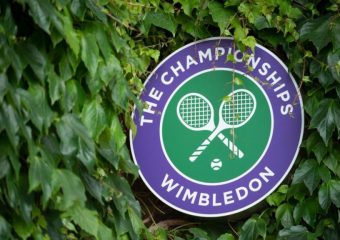
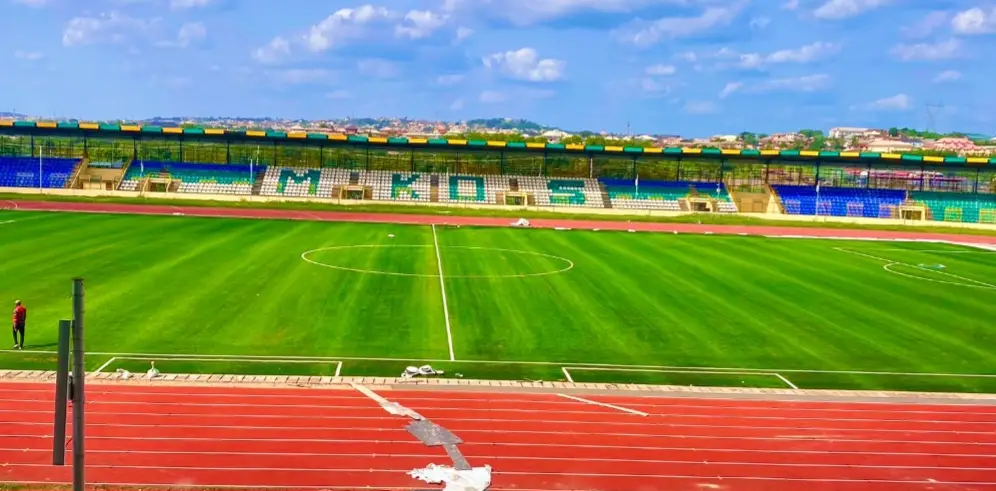
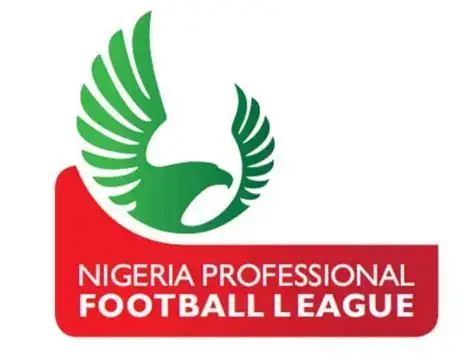
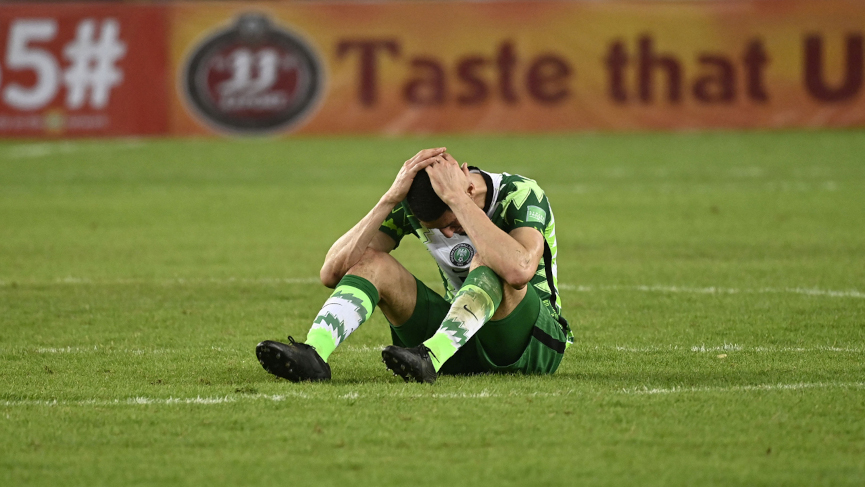
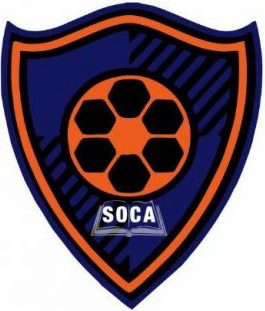
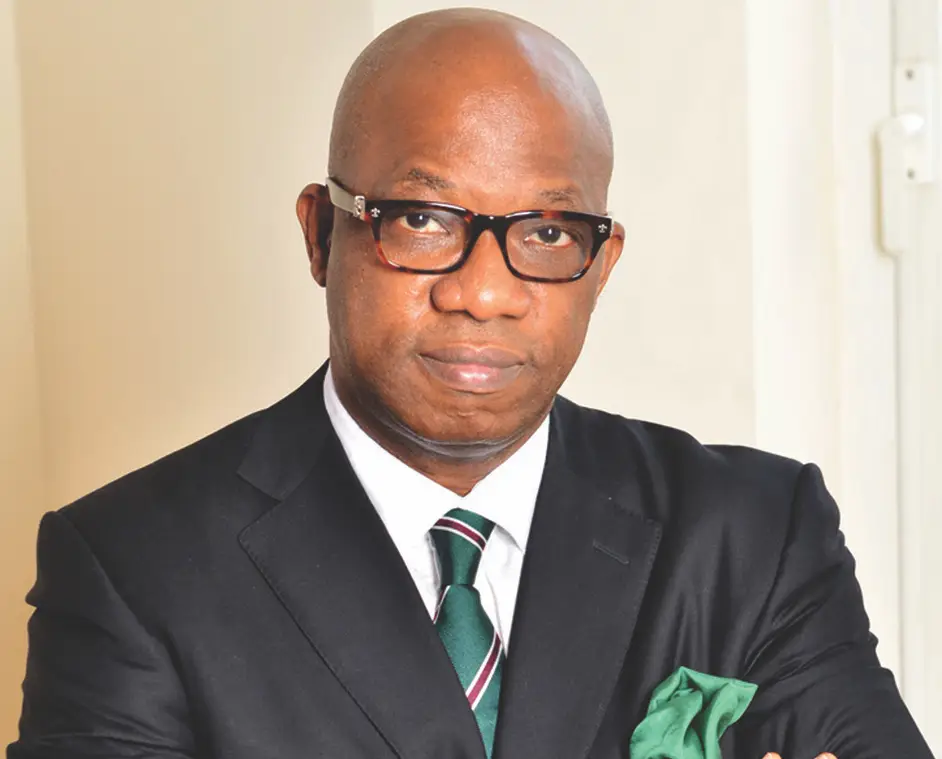



Bros your constant alertness to us Nigerians of the enormous opportunities in the Sports Industry is always welcomed. But what beats me most is the self aclaimed “most educated blaaah blaaahh bllaaahhh in Africa or some where in diaspora” and yet our conformed shameful display of the most educated illeterates beats me . Wallahii… Am I the only one seeing this…?
A society where individuals work there whole lives to obtain titles of chief, dr, engr, etc palliatives to go with names.. ha ha ha ha haaaa… A story for another day.
We have {Spitfire – Sports} identified a handful of Million Dollar Earning Sports which the entire Nation of ours with its so call. Ministry of Sports has no clue exists. You have just touched on one of them in this your piece.
I thank you..
The Sports Industry is a Multi-Billion Dollar conglomerate… Unfortunately Nigeria with a population pushing over 250 M with incredible teaming youths over loaded with talents are wading away. So sad indeed.